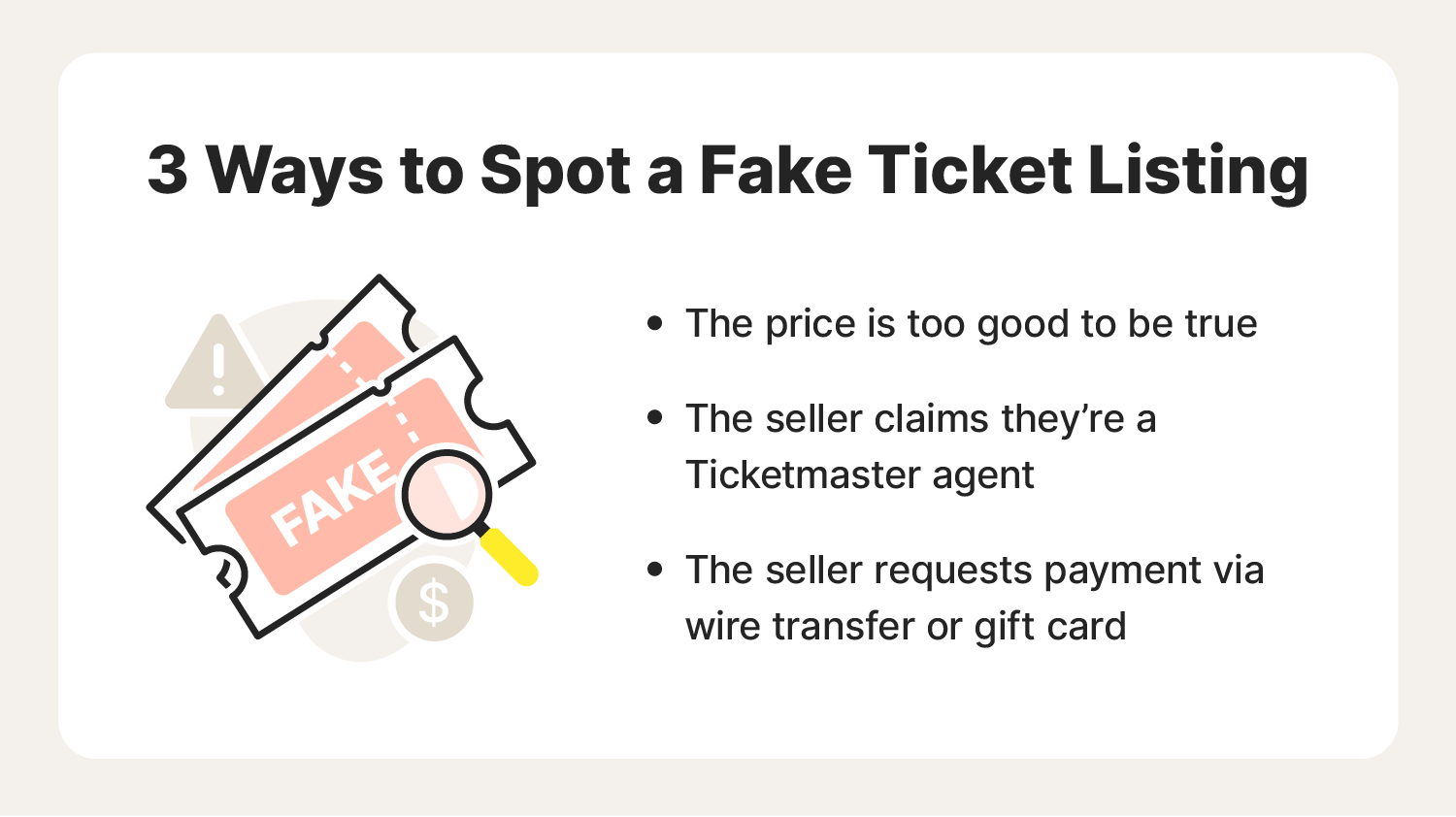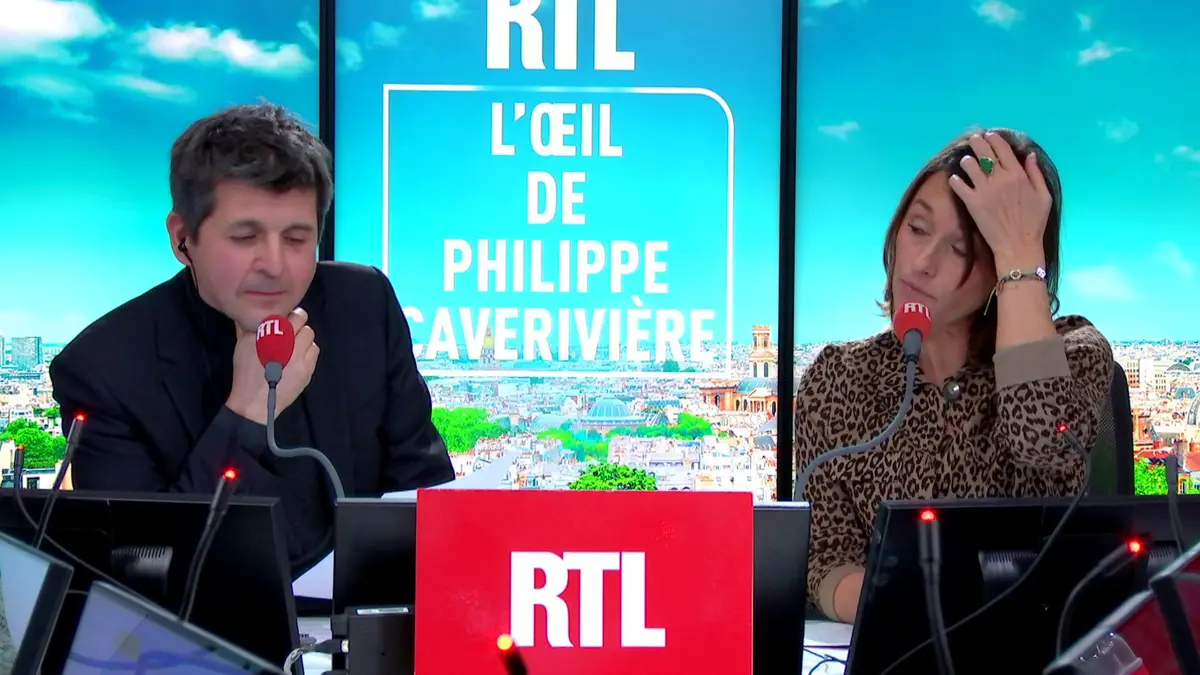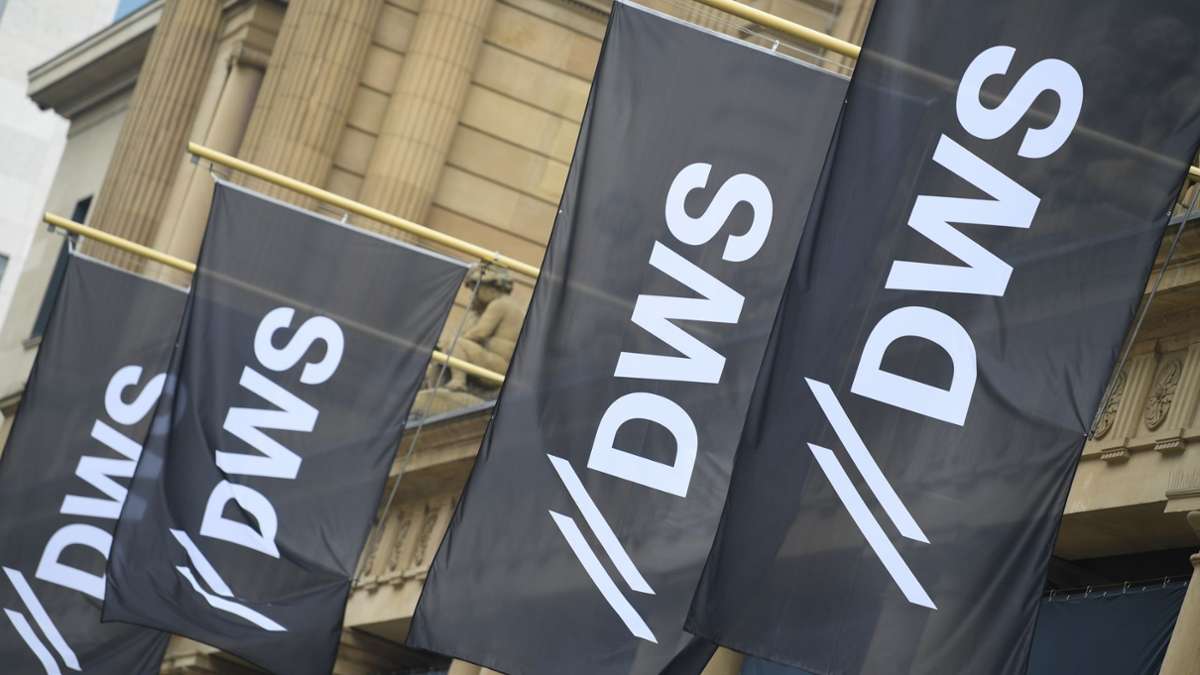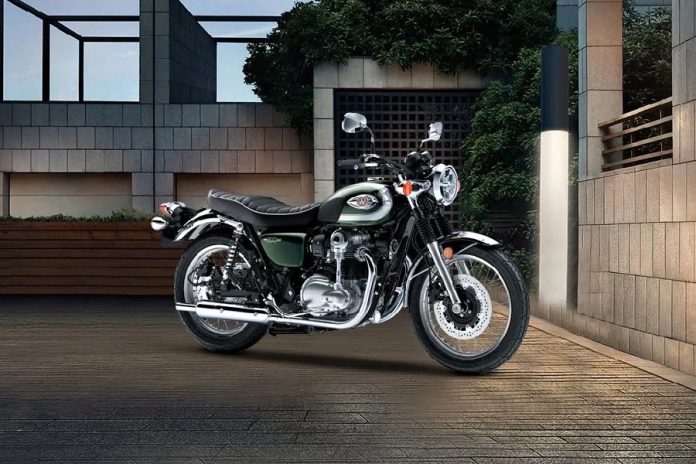Ticketmaster's Warning: Protect Yourself From Fake Ticket Scams

Table of Contents
Identifying Red Flags of Fake Tickets
Before you click "buy," it's crucial to identify potential red flags that could indicate a fake ticket scam. These scams can range from slightly suspicious to outright fraudulent, so vigilance is key.
Unusually Low Prices
One of the biggest red flags is a ticket price significantly lower than the average market value. Be extremely wary of offers that seem too good to be true. Legitimate tickets rarely sell for drastically less than face value, especially for popular events.
- Be wary of offers that seem too good to be true. If a price is significantly below comparable listings, it's a major warning sign.
- Research average ticket prices on reputable resale sites like StubHub or SeatGeek before committing to a purchase. This will give you a benchmark to compare against.
Unofficial Selling Platforms
Purchasing tickets from unauthorized sources like Craigslist, Facebook Marketplace, or individual sellers on social media is incredibly risky. These platforms offer little to no buyer protection, making you vulnerable to scams.
- Stick to official ticket vendors like Ticketmaster or authorized resale marketplaces. These platforms typically offer buyer protection and verification processes.
- Be cautious of unfamiliar websites or individuals offering tickets outside of established channels. Legitimate sellers will usually have a clear online presence and positive reviews.
Poor-Quality Tickets or Images
The quality of the ticket image or the ticket itself can reveal a lot. Fake tickets often have poor-quality printing, blurry images, or inconsistencies in their design.
- Look for blurry or low-resolution images. Genuine tickets usually have high-quality printing and clear details.
- Check for inconsistencies in barcodes, serial numbers, or logos. These should match the official event branding and ticketing information. Any discrepancies should raise immediate concerns.
Safe Ticket Purchasing Practices
To avoid falling victim to fake ticket scams, adopt safe purchasing practices and prioritize reputable sources.
Using Official Ticketmaster Channels
The safest way to buy tickets is directly from Ticketmaster or the official primary ticketing vendor for the event. This ensures authenticity and provides buyer protection.
- Official Ticketmaster channels provide secure payment processing and buyer protection. If something goes wrong, you have recourse.
- Avoid third-party sites unless they are officially authorized resellers. Always verify the reseller's legitimacy before making a purchase.
Utilizing Reputable Resale Marketplaces
While buying from resale marketplaces carries more risk, some platforms offer robust buyer protection programs. When using a resale marketplace, exercise caution and due diligence.
- Look for platforms with buyer protection programs and customer reviews. These features offer a degree of security.
- Read reviews and ratings before making a purchase. Pay close attention to comments about the seller's reliability and the authenticity of their tickets.
Secure Payment Methods
Never use insecure payment methods when buying tickets. Protect yourself by utilizing secure payment gateways.
- Avoid paying via wire transfer, cash, or untraceable methods. These offer no buyer protection if the tickets turn out to be fake.
- Utilize credit cards or PayPal for added buyer protection. These payment methods offer chargeback options if you are scammed.
What to Do If You Suspect a Scam
If you suspect you've encountered a fake ticket scam, take immediate action.
Report Suspicious Activity
Report suspicious activity to the appropriate authorities as quickly as possible. This helps protect others from the same scam.
- Contact Ticketmaster customer support immediately. They may be able to help verify the authenticity of the tickets or provide guidance.
- Report the scam to your credit card company or PayPal if you used those payment methods. Initiate a chargeback to recover your funds.
- File a police report if necessary. This is especially important if you've suffered significant financial losses.
Protecting Your Financial Information
If your financial information was compromised, take steps to mitigate potential damage.
- Monitor your bank accounts and credit reports closely. Look for any unauthorized transactions or suspicious activity.
- Consider placing a fraud alert on your credit reports. This will help prevent the opening of new accounts in your name.
Conclusion
In summary, protecting yourself from fake ticket scams requires vigilance and informed decision-making. By understanding the red flags, utilizing safe purchasing practices, and knowing how to respond to suspected scams, you can greatly reduce your risk. Don't let fraudulent sellers ruin your event experience. Remember to always buy your tickets from official sources like Ticketmaster, and be cautious of deals that seem too good to be true. Take control of your ticket purchasing and avoid the pitfalls of fake ticket scams! Remember, protecting yourself from fake ticket scams is crucial for a worry-free event experience.

Featured Posts
-
 Video Replay De Loeil De Philippe Caveriviere 24 Avril 2025 Face A Philippe Tabarot
May 30, 2025
Video Replay De Loeil De Philippe Caveriviere 24 Avril 2025 Face A Philippe Tabarot
May 30, 2025 -
 Bruno Fernandes Futuro Do Meio Campista Em Questao Apos Contato Com O Al Hilal
May 30, 2025
Bruno Fernandes Futuro Do Meio Campista Em Questao Apos Contato Com O Al Hilal
May 30, 2025 -
 Tokenisierte Fonds Deutsche Bank Und Fina Xai Starten Partnerschaft
May 30, 2025
Tokenisierte Fonds Deutsche Bank Und Fina Xai Starten Partnerschaft
May 30, 2025 -
 Jayne Hintons Sundae Servings On Bolton Fm A Guide For Listeners
May 30, 2025
Jayne Hintons Sundae Servings On Bolton Fm A Guide For Listeners
May 30, 2025 -
 Ulasan Lengkap Kawasaki W800 My 2025 Desain Klasik Performa Dan Harga
May 30, 2025
Ulasan Lengkap Kawasaki W800 My 2025 Desain Klasik Performa Dan Harga
May 30, 2025
